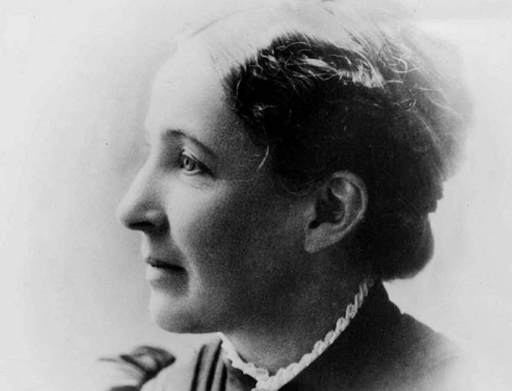How often do you think about the bacteria living in your intestine? Since these microbes, known as gut bacteria, play an important role in keeping our digestive systems healthy, we all might consider spending more time thinking about them. In addition, recent studies have found another reason to focus on these bacteria. Researchers have identified an unexpected link between gut microbiota and the effectiveness of cancer treatments.
It is estimated that over 1.5 million people will be diagnosed with cancer during 2015, and over one third of those diagnosed will die of the disease. Those diagnosed with cancer generally begin treatment programs including various combinations of radiation, chemotherapy and surgery. In addition, patients can now receive immunotherapy treatment. This treatment works by alerting a patient’s immune system to the presence of cancerous cells, which can then be destroyed. Normal tissues in the human body are chemically “marked” so that the immune system does not destroy them. Although cancer cells can be recognized as “foreign” by our immune system, they often hide by taking on the chemical appearance of normal cells. The goal of immunotherapy treatment is to “unmask” the true identity the cancer cells so that the immune system knows that it needs to attack them. Immunotherapy treatments are being studied and tested in many cancer types in an attempt to better understand how the unmasking process can be improved.
One approach to immunotherapy employs a drug called ipilimumab, which is a synthetic version of antibodies that the immune system normally makes. The job of these antibodies is to target and label cells that need to be destroyed. Ipilimumab binds to the T-cells of the immune system and stimulates them so that they can recognize and destroy the foreign cells within the body. When T-cells function properly, the immune system is activated and is able to destroy both bacterial infections and cancer cells. What has frustrated researchers, however, is the variability with which this therapy seems to work in different cancer patients.
On November 5, a study was published by Vetizou et. al. describing an unexpected relationship between gut microbiota and the effectiveness of ipilimumab in treating cancer. Because the human immune system must adapt to the presence of microbes living in our intestines, the authors hypothesized that the composition of these organisms — which can vary from one individual to another — could influence the outcome of cancer therapies that work by altering immune system function.
To investigate the link between ipilimumab and the microbiota of cancer patients, a study was performed on two groups of mice, each with a different composition of gut bacteria. The mice had either specific-pathogen free (SPF) or germ free (GF) bacteria. The gut bacteria of SPF mice only include certain kinds of bacteria, while GF mice have not had contact with any kind of bacteria. The mice within each group were also genetically prone to developing tumors, and thus a subset of them could be treated with ipilimumab to mimic the therapy performed in human cancer patients. The researchers measured the size of tumors throughout the experiment to determine how quickly they were growing in the presence or absence of ipilimumab.
The results of this study were striking: certain gut microbes are required for the mice to respond to immunotherapy. The researchers found that there was significant reduction in the size of tumors in mice that had specific kinds of bacteria in their intestines, most prominently a species called Bacteriodes fragilis (Bf). The addition of a Bf “probiotic” to the diet of mice seemed to activate a greater immune response against the tumor compared to the control animals, which lacked Bf in their gut. Feeding the GF mice these bacteria similarly increased their response to the immunotherapy, suggesting a positive correlation between the presence of Bf and the effectiveness of ipilimumab treatment. These results were replicated in mice with various kinds of cancer, suggesting gut bacteria play an important role in the general responsiveness of cancer to this treatment.
The authors also expanded the results from this study to determine their clinical relevance to human patients by analyzing the composition of the gut microbiome in 25 melanoma patients before and after treatment with ipilimumab. Stool samples from the patients were collected and transplanted into GF mice. The mice were subsequently treated with ipilimumab and, interestingly, the mice undergoing fecal transplants with high levels of Bacteroides strains of bacteria had a better response to the treatment compared to those that had transplants with low levels of the bacteria. These results using human samples were consistent with the prior study using pure populations of the bacteria.
From this study, researchers were able to investigate the link between the effectiveness of ipilimumab and Bacteroides bacteria. They found that there was a positive correlation between the abundance of Bf and the effectiveness of the drug. The results of this study identify an unexpected link between gut bacteria and immunotherapy advancements. Future studies will continue to investigate both the connection and long-term implications of drugs like ipilimumab and their use as effective cancer treatments.









